Nature Based Solutions
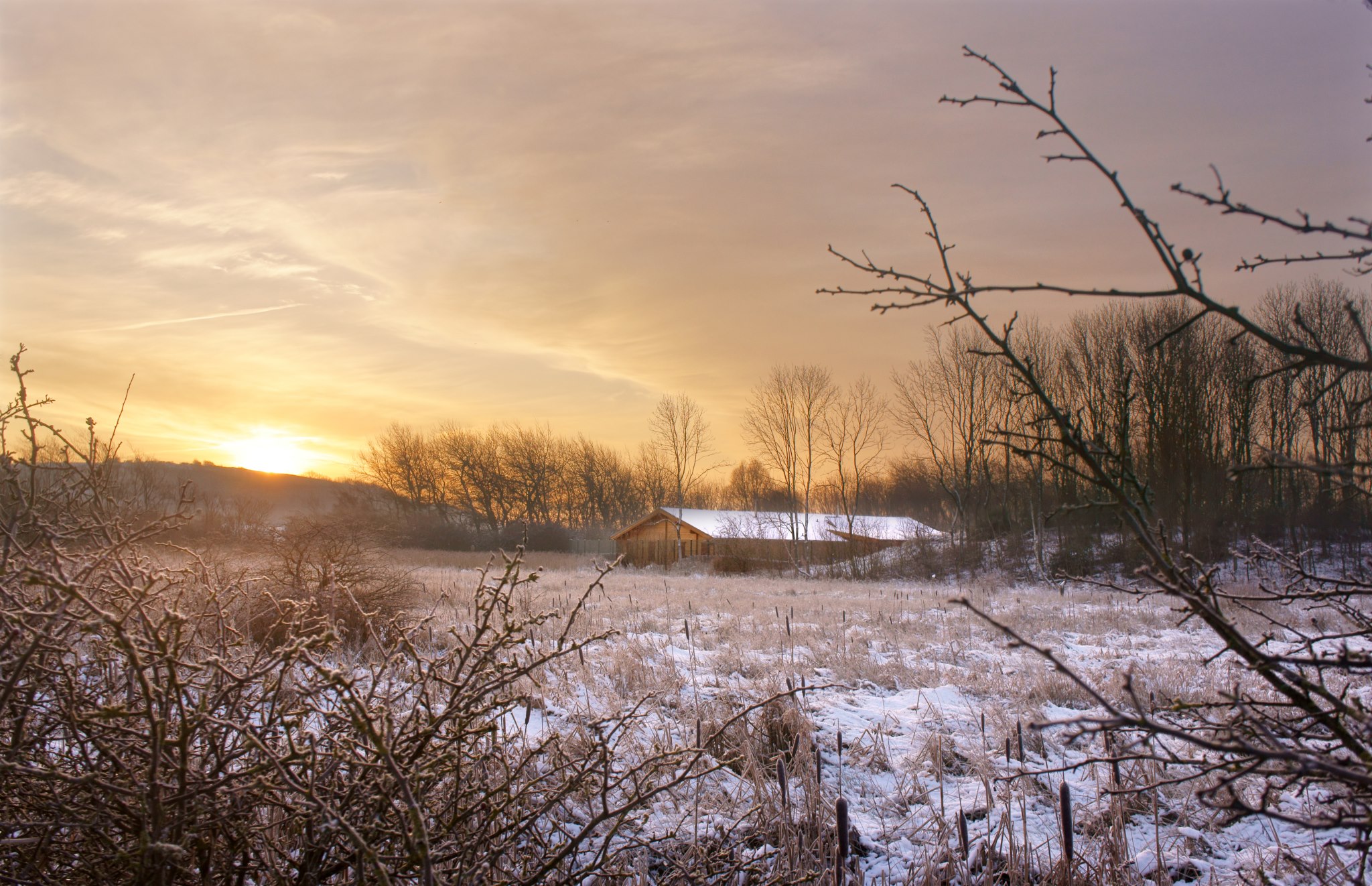
Nature-based solutions (NBS) have emerged as innovative and sustainable approaches to address a myriad of environmental challenges while simultaneously benefiting communities. Our nature-based solution projects harness the power of nature to combat climate change, enhance biodiversity, and improve the resilience of ecosystems. Our NbS projects not only look to mitigate the impacts of climate change but also provide valuable ecosystem services, such as clean air and water, and create opportunities for recreational and educational activities within our local communities.
By integrating nature into our solutions, we are forging a path towards a more sustainable and resilient future for both people and the planet.
Get involved by joining us in our commitment to nurturing and preserving the environment through the following transformative NBS projects.
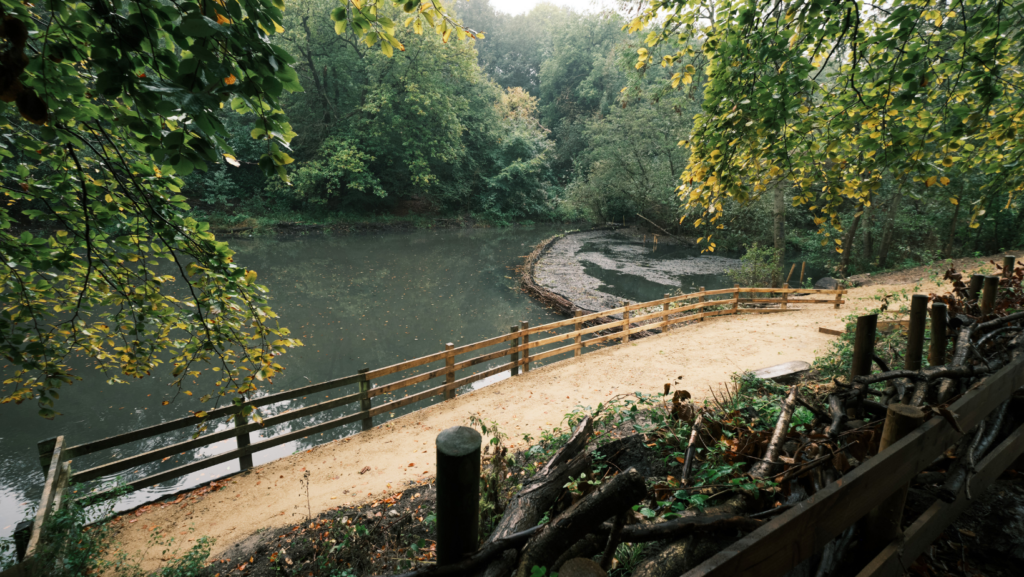
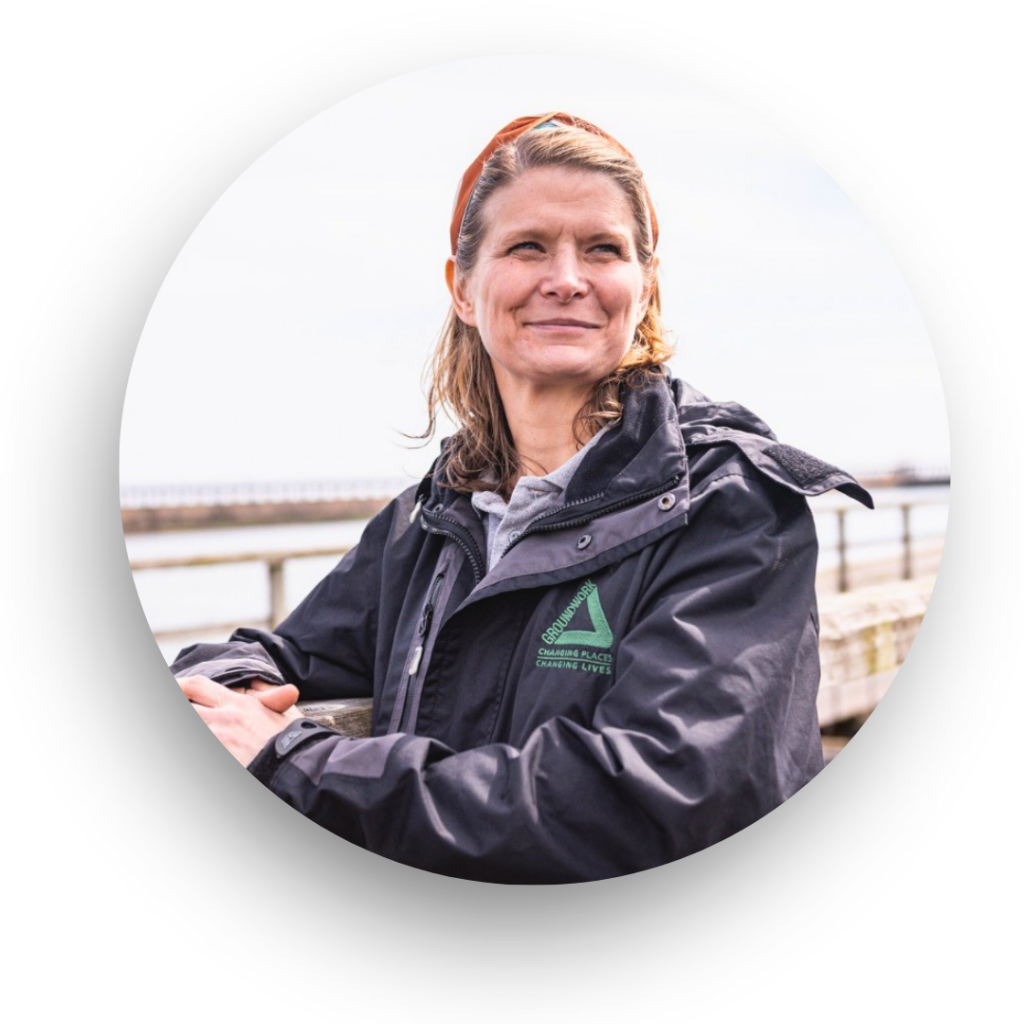
“It has been such an exciting journey within the Nature-based Solutions team delivering a range of projects across the Northeast, from bespoke fish refugia on the Blyth, to Floating Ecosystems on the Tyne and saltmarsh restoration schemes on the Esk.”
Hellen Hornby – Programme Development Manager
Revitalising Our Estuaries
RoE has pioneered NBS for habitat enhancement and restoration, impacting over 467 hectares of landscape, providing social and environmental benefits. Through the project we have improved nature across six costal estuary areas and created jobs in the environment sector, positively impacting the economy.
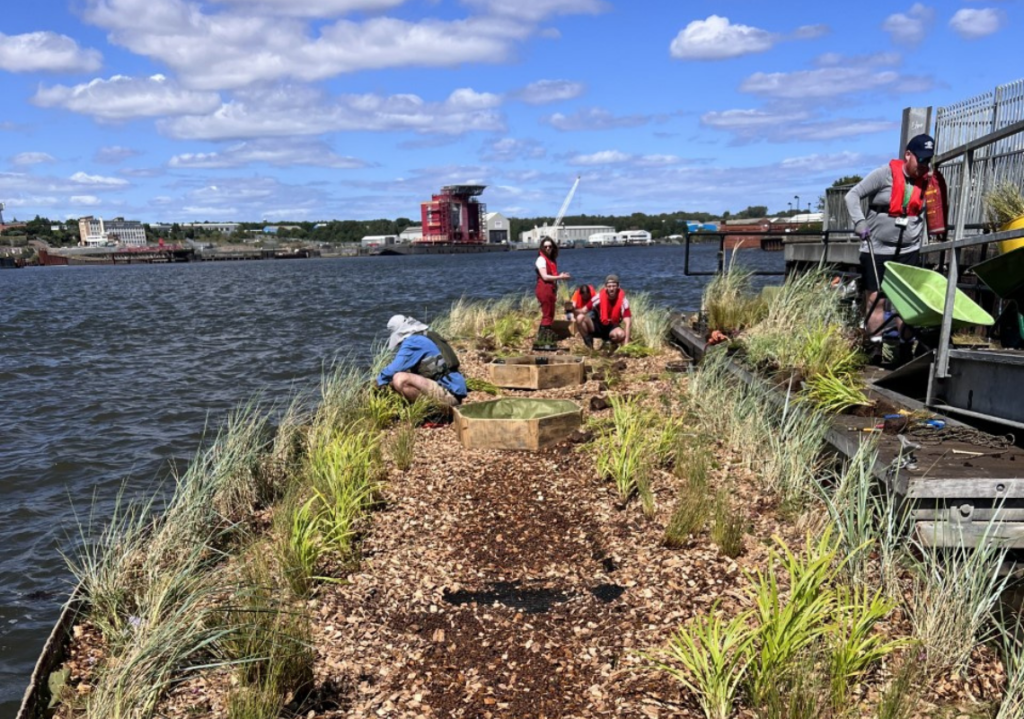
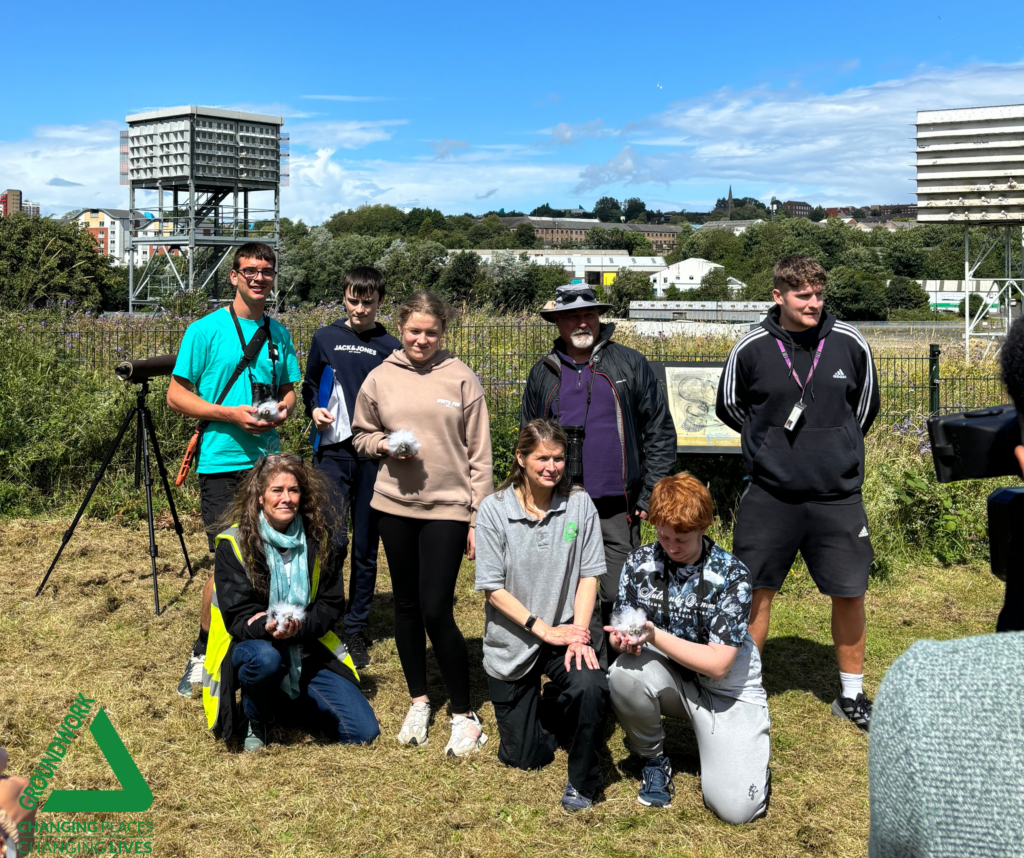
Kittiwakery
School pupils from two local schools (Newburn Primary and Percy Hedley) have been assisting the Groundwork team making artificial kittiwake nests and decoy baby chicks for a new “Kittiwakery” tower in Gateshead.
Wansbeck Restoration for Climate Change
WRCC will create or restore six habitats over 10 sites, showcasing how different landowners can come together fight climate change, reduce greenhouse gas emissions and promote carbon sequestration, in a way with many benefits for nature and society. Over the Summer of 2023 teams will start the physical and biological monitoring work on site.
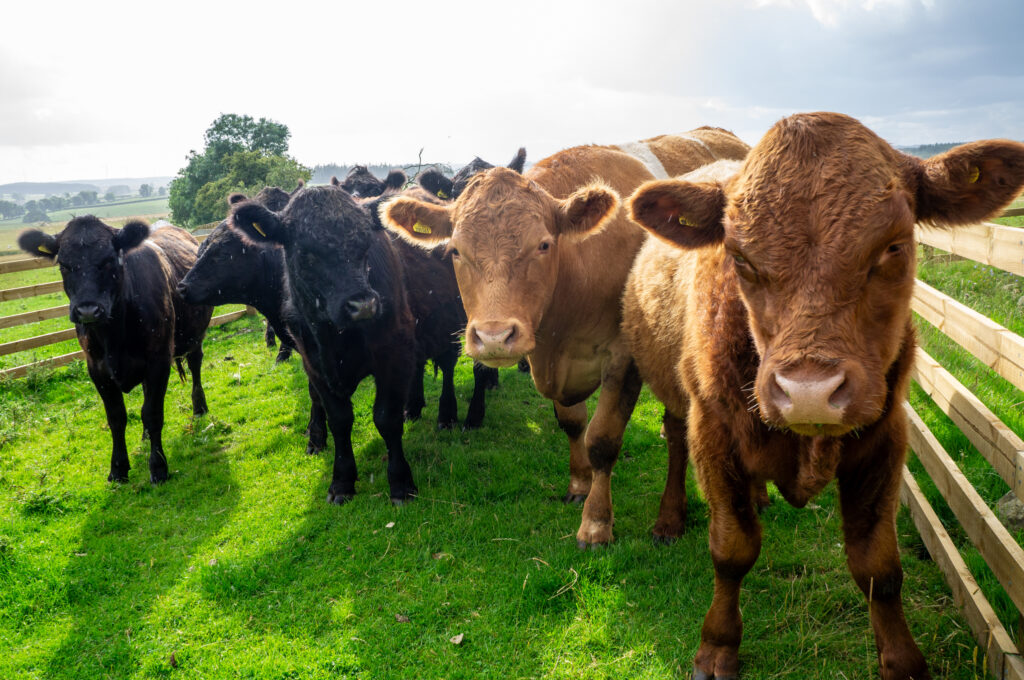
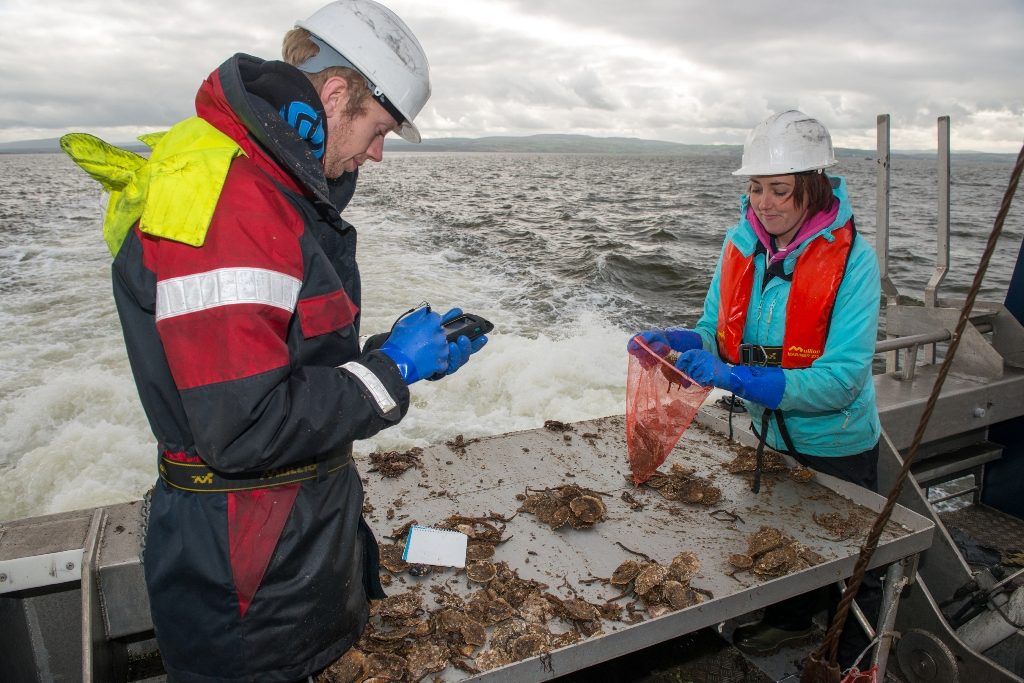
Wild Oysters
Native oyster numbers have declined by 95% since the mid-1800s due to over-harvesting, habitat loss, pollution and disease. This project seeks to reverse that decline.
Tyne Estuary Partnership
Invested in the long-term environmental and economic enhancement of the estuary; this strong, strategic, influential partnership is making a meaningful and sustainable impact on the River Tyne and the region as a whole.
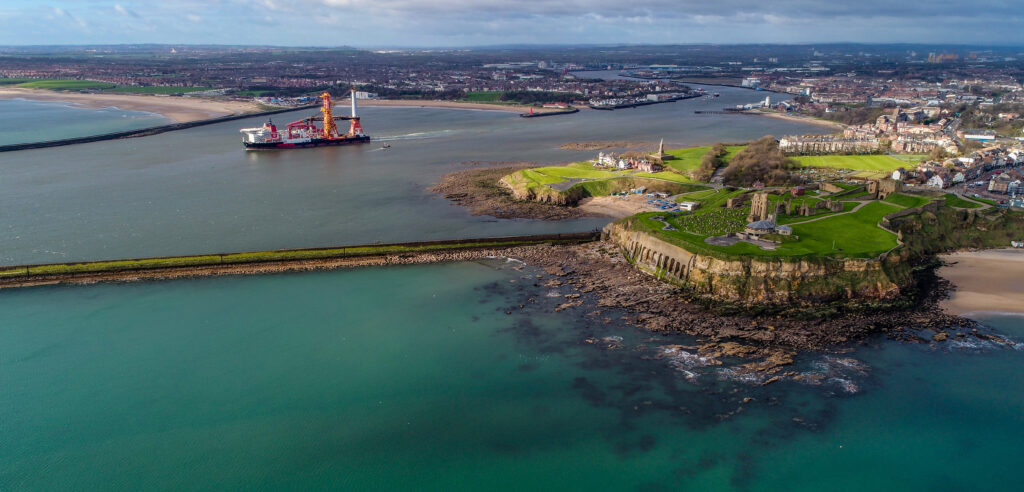
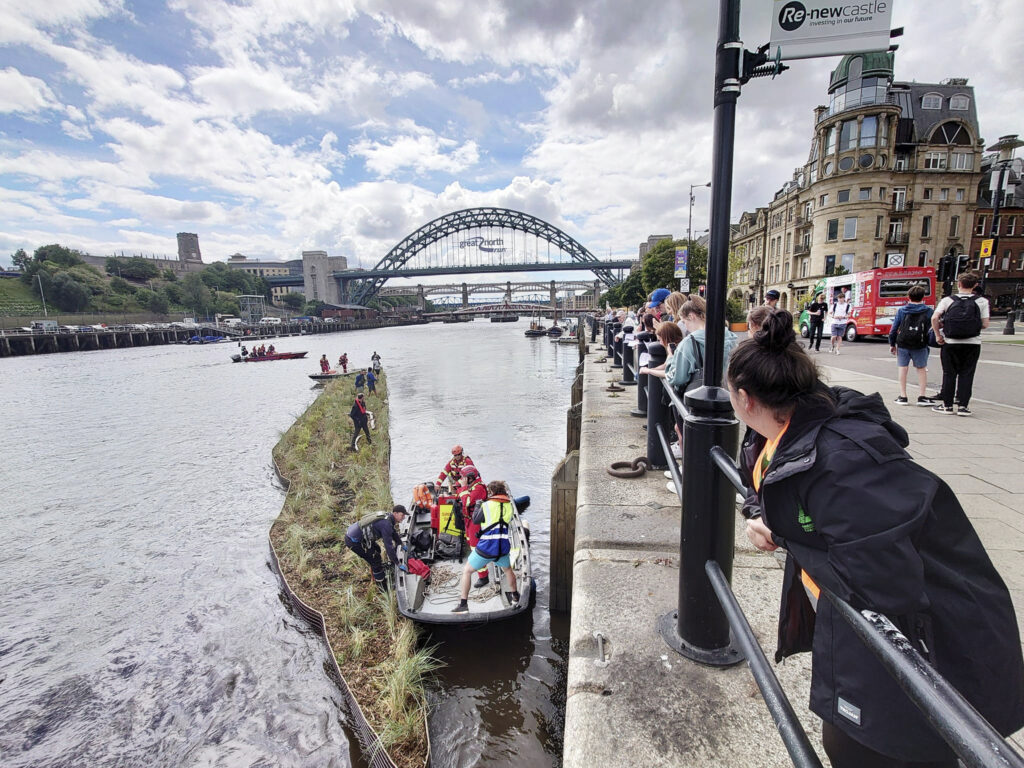
Floating Ecosystem
Through its flagship Revitalising our Estuaries programme; community and environmental charity Groundwork NE & Cumbria has spearheaded the development of a first of its kind ‘floating nature island’ to be installed on Newcastle Quayside in July 2022.
Protecting our Rivers & Estuaries
Securing the next financial stream to continue the ground breaking work.
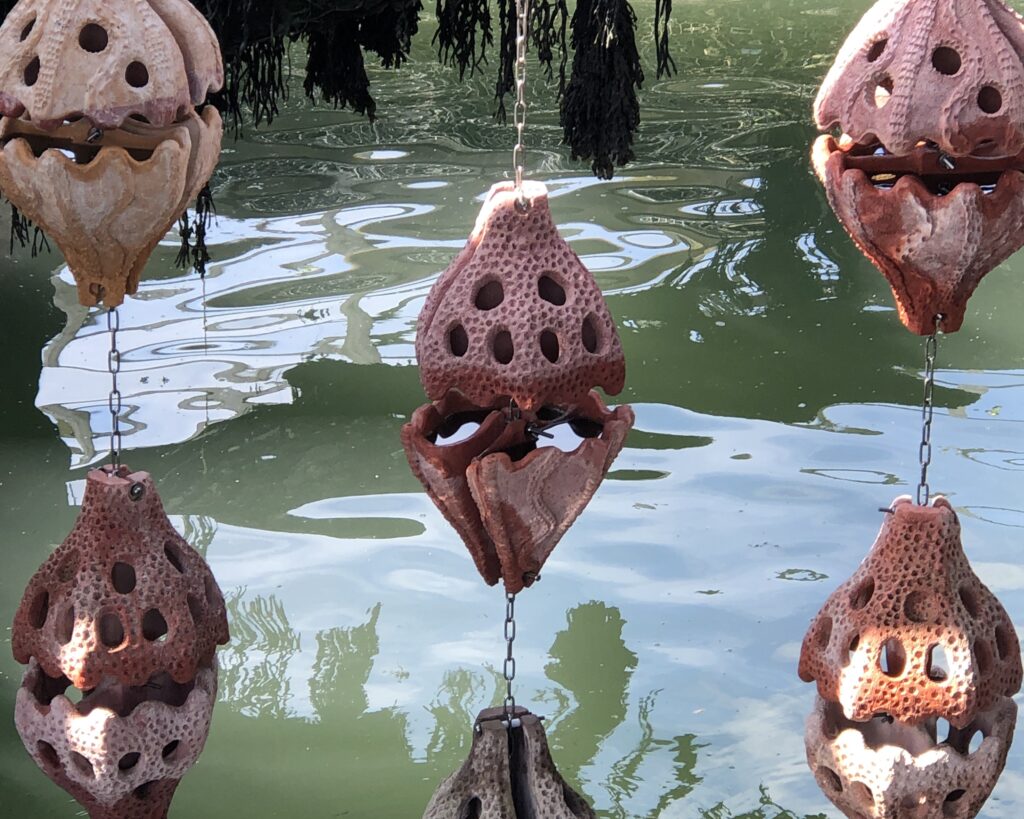
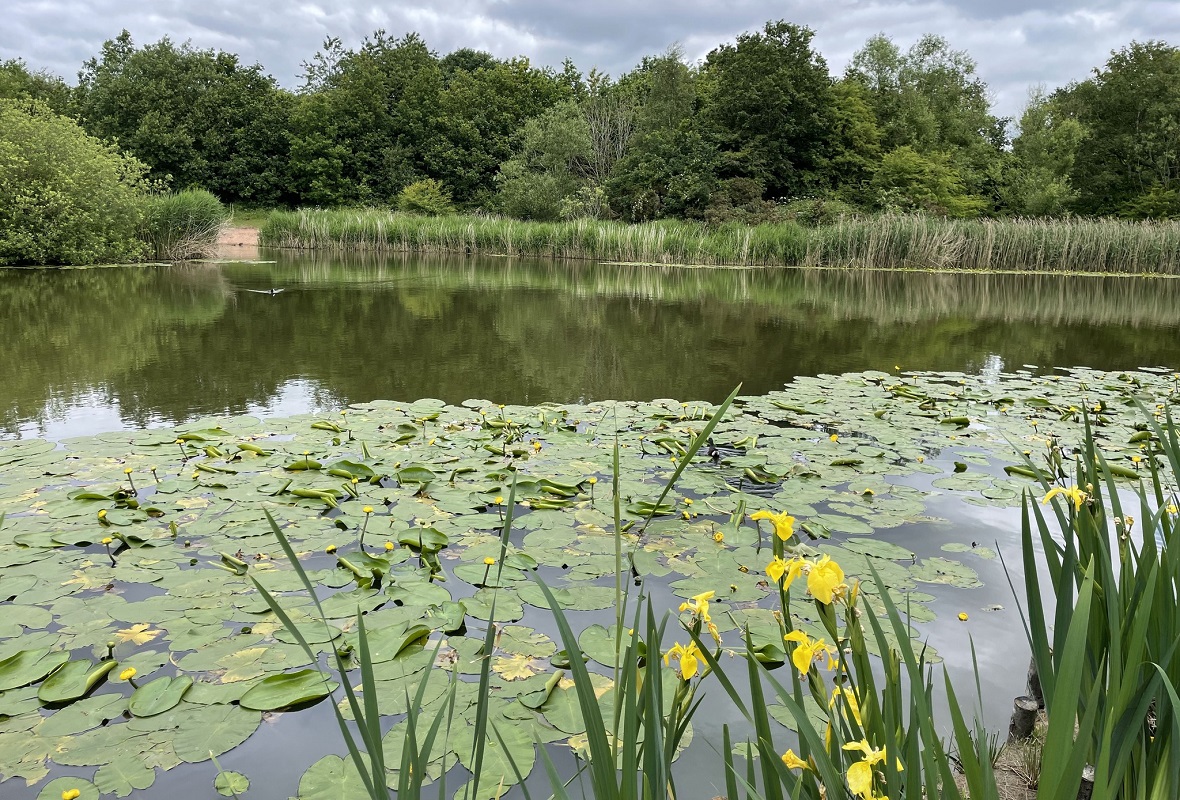

We are experts in project management, delivery and in pulling together partnerships with relevant experts to tackle nature based projects.
Michele MacCallum – Principal Landscape Architect
Better Estuaries & Coastal Habitats (BEACH Esk) is a ‘source to sea’ project.
The Environment Agency, Groundwork NE & Cumbria and the Yorkshire Wildlife Trust are working in partnership to improve the ecological and chemical status of Whitby Harbour, the estuary, and waterbodies of the Lower Esk Catchment. Working in the harbour and estuary, Groundwork NE & Cumbria have installed artificial rock pools, fish refuges and brash fascines to protect the salt marsh. In the upper tributaries, Yorkshire Wildlife Trust has been working with land managers to reduce run-off and sediments entering watercourses. Together these initiatives tackle pollution issues at source while improving habitats. Funding for the project was secured through the Water Environment Improvement Fund (WEIF) and Farming in Protected Landscapes (FiPL).
